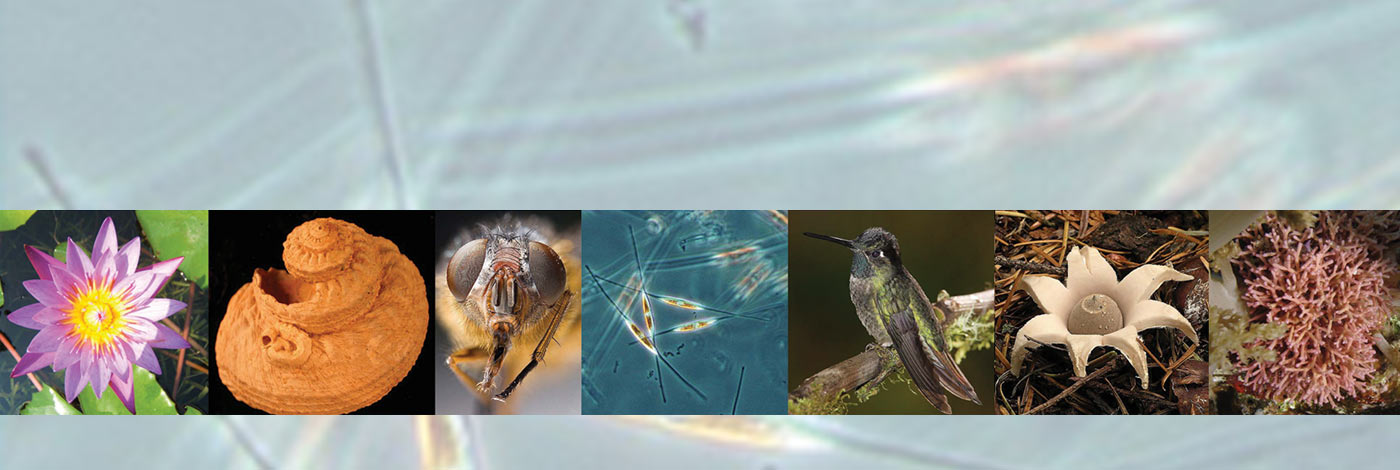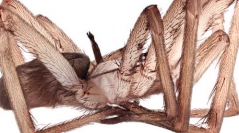

 European Journal of Taxonomy
831 (149) - Pages 149-174
European Journal of Taxonomy
831 (149) - Pages 149-174We describe a new troglophilic species of Filistata, F. betarif sp. nov., collected from two caves in central Israel, by using light and electron microscopy and by DNA barcoding of the cytochrome c oxidase subunit I (COI) gene. Sequences of this gene show more than 15% of divergence between the new species and its sibling, F. insidiatrix (Forsskål, 1775), which is widely distributed across the Mediterranean and the Middle East. Notwithstanding, the two species are diagnosed only by a minor morphological detail in the embolic keel of the male pedipalp; females of both species are not diagnosable based only on morphology. We also find that samples of F. insidiatrix from different localities have large genetic divergence values (larger than 15% in some cases), but their pedipalps are identical in males; this suggests that F. insidiatrix might hide an additional cryptic diversity. We take this opportunity to provide a dichotomous key for identifying the crevice-weavers (Filistatidae) of Israel and Palestine.